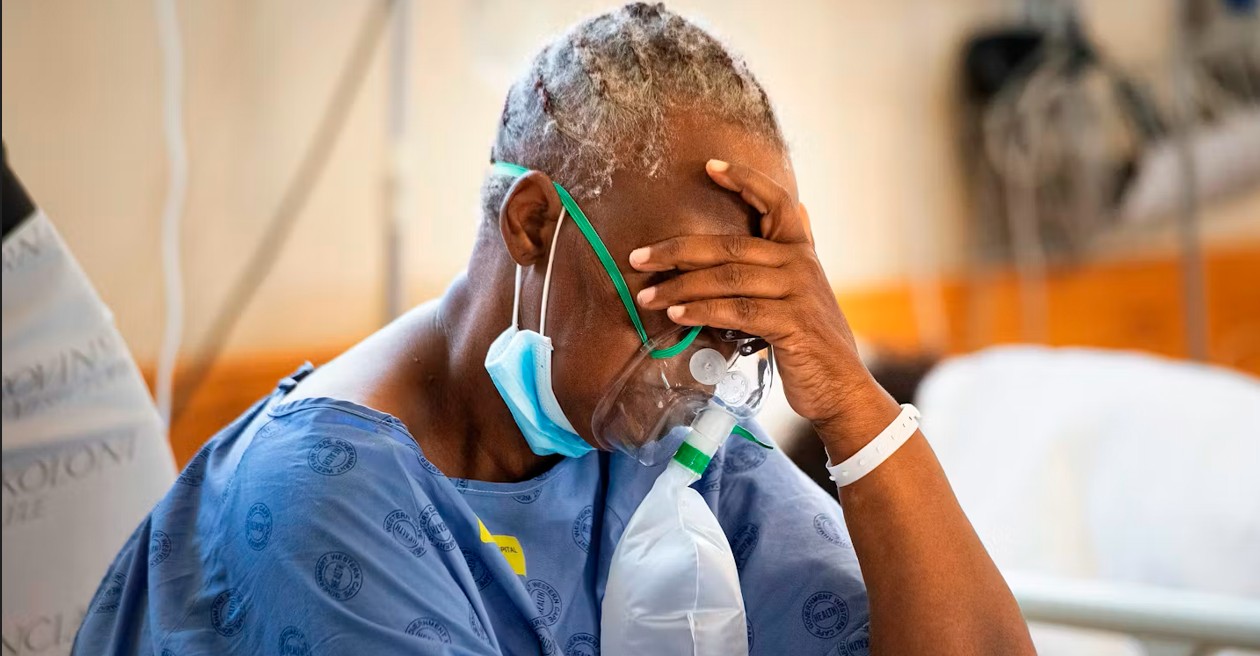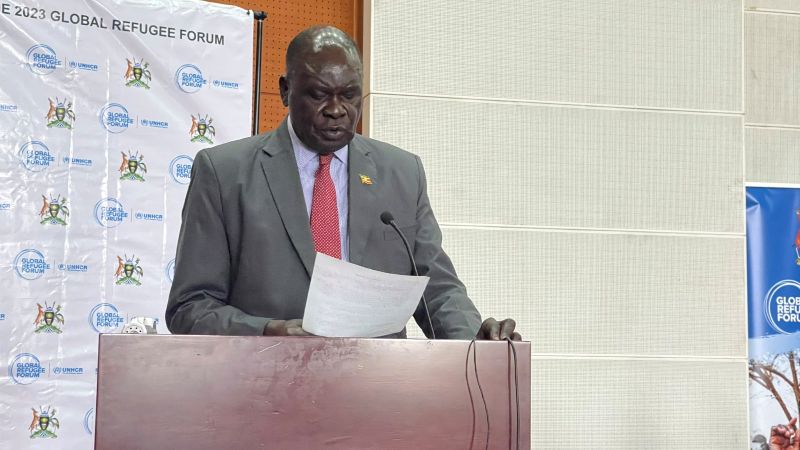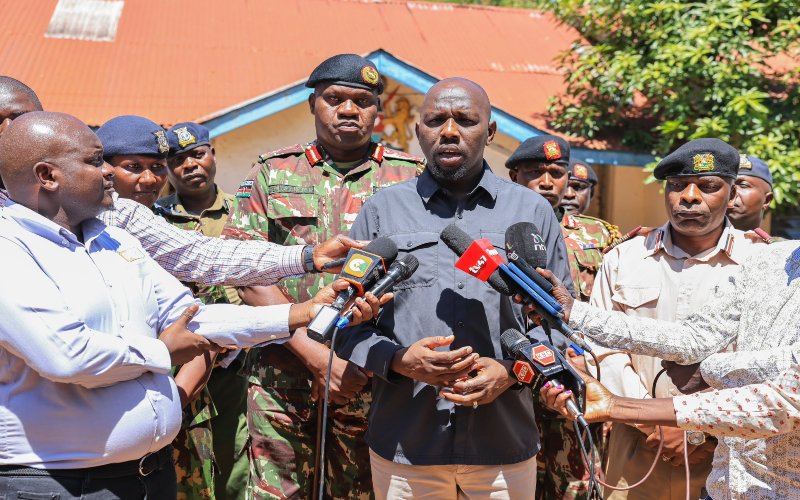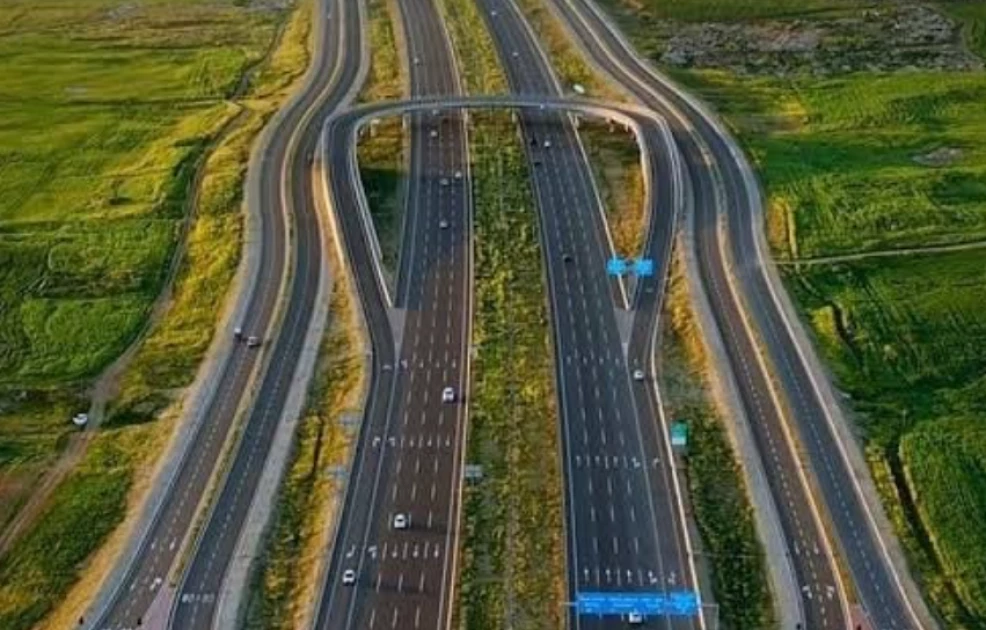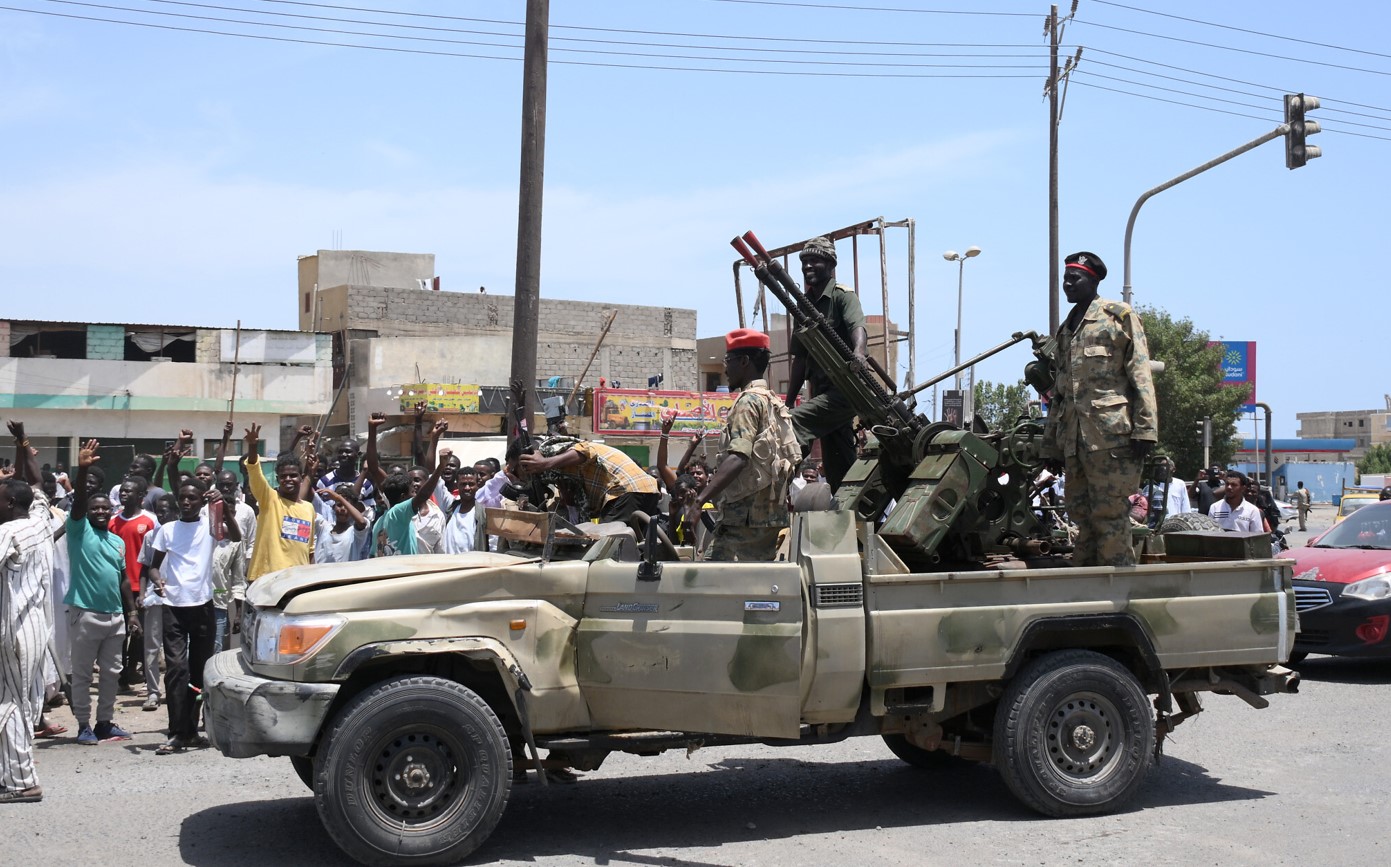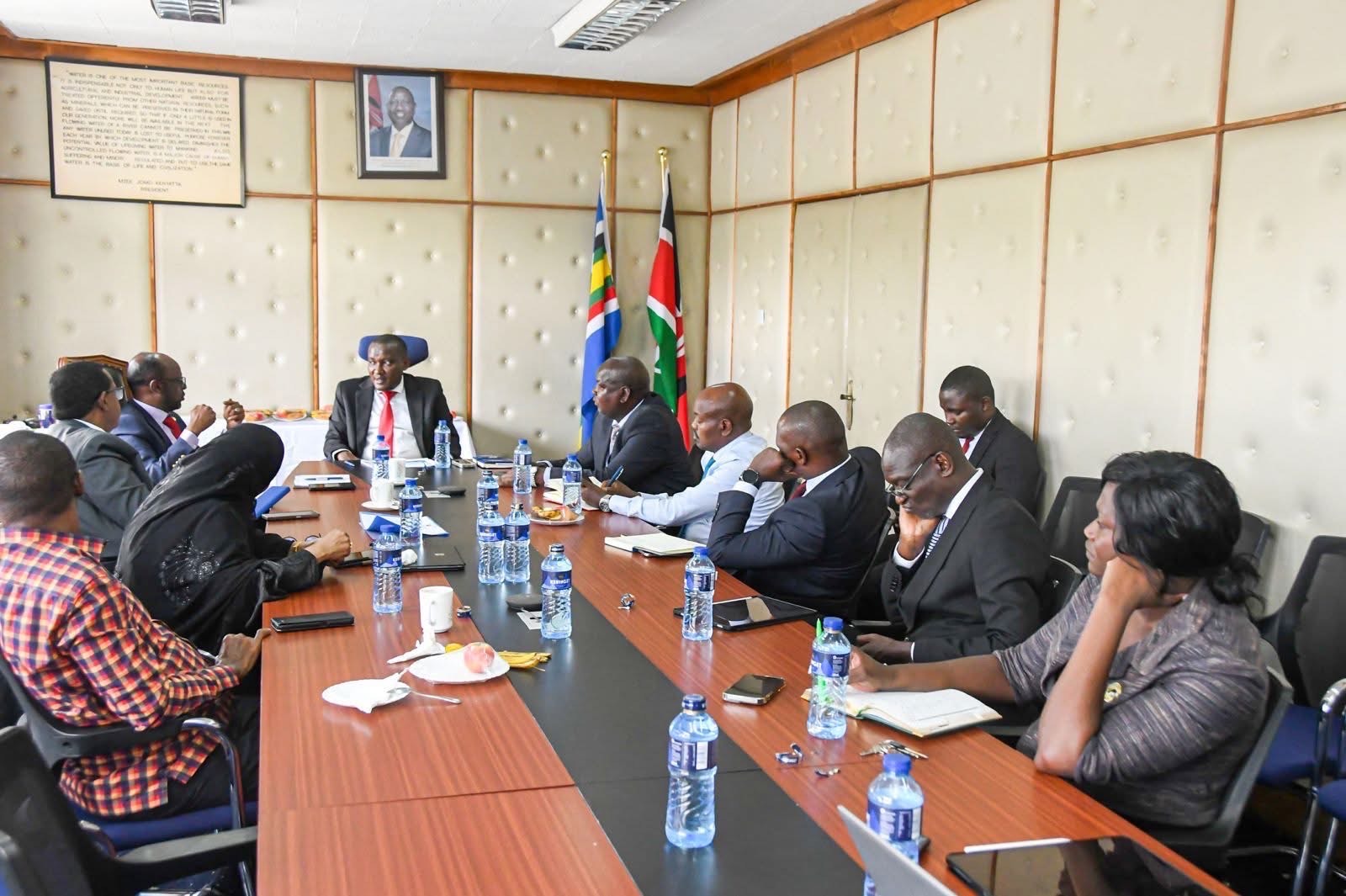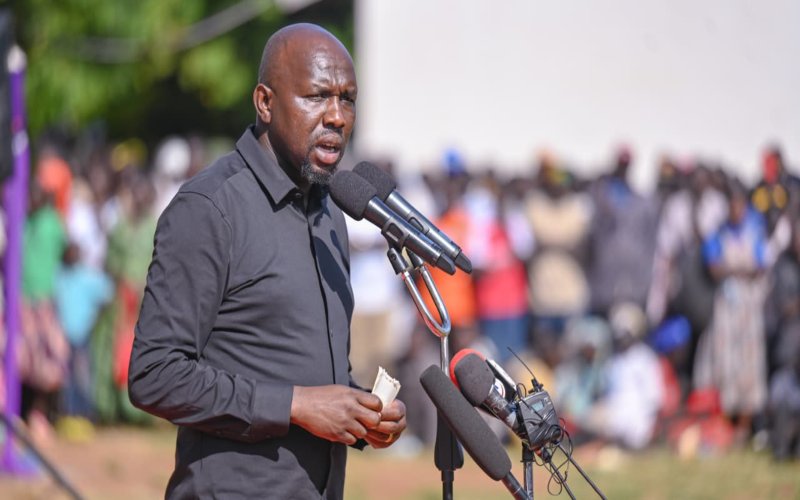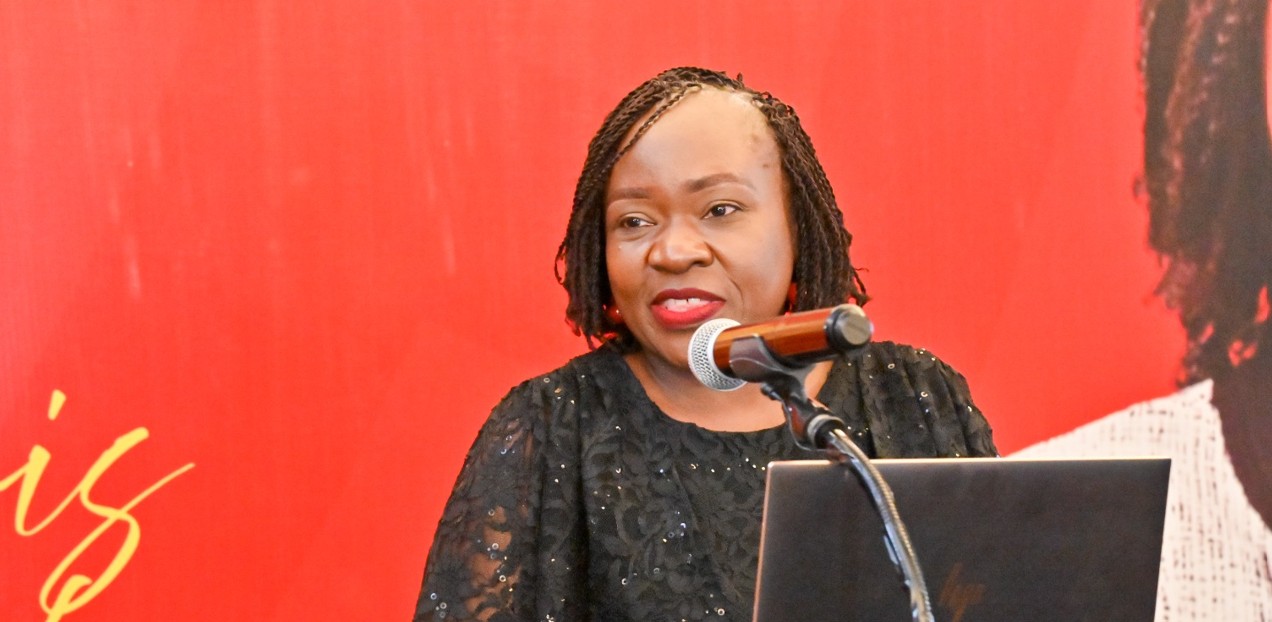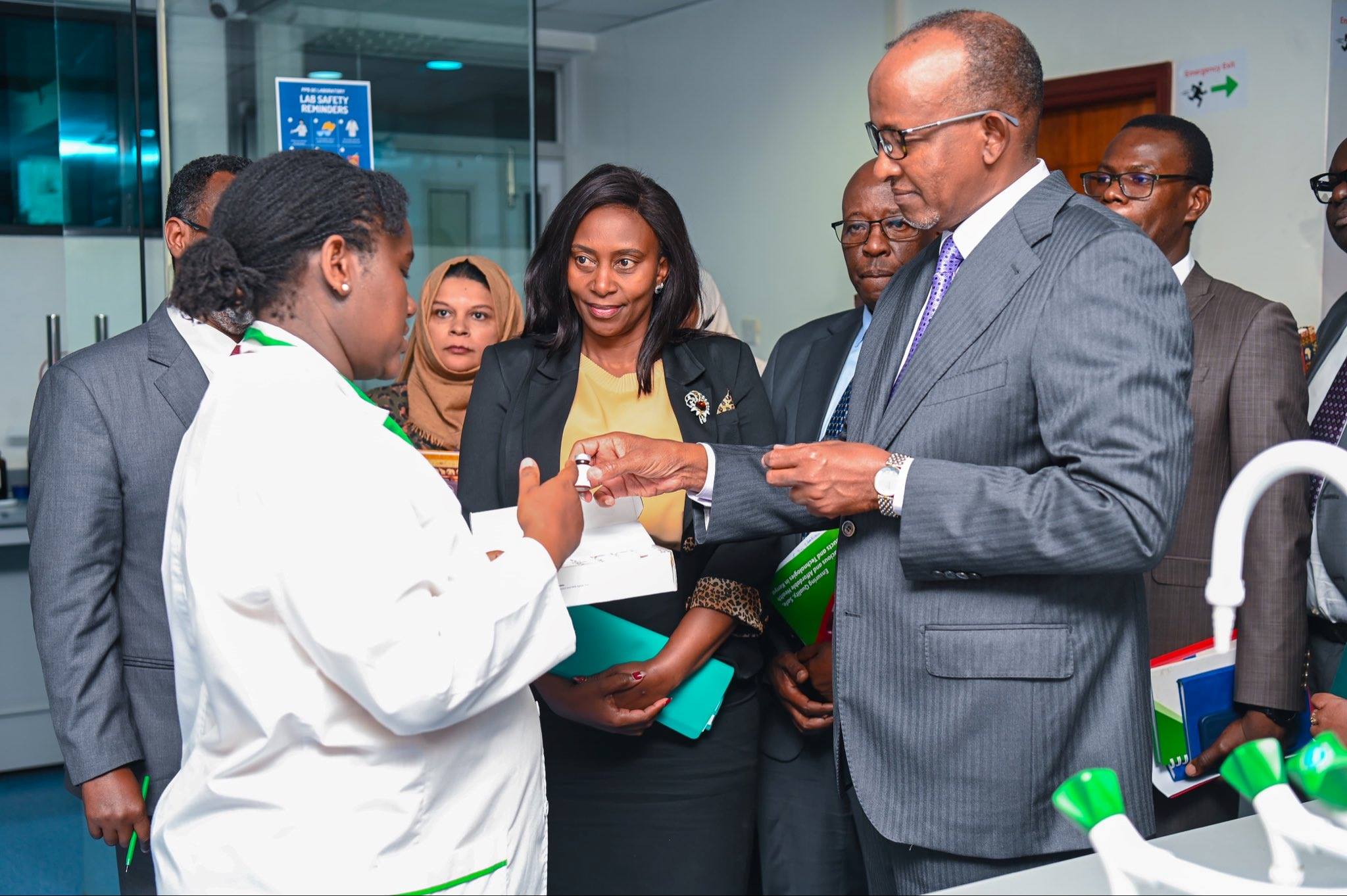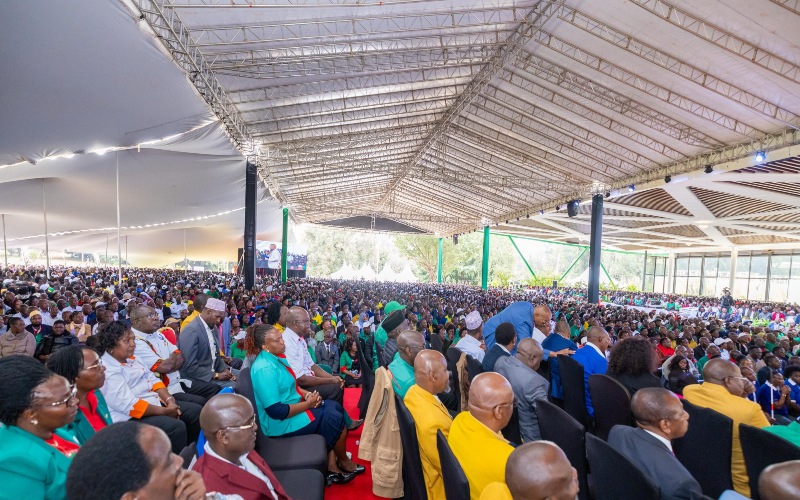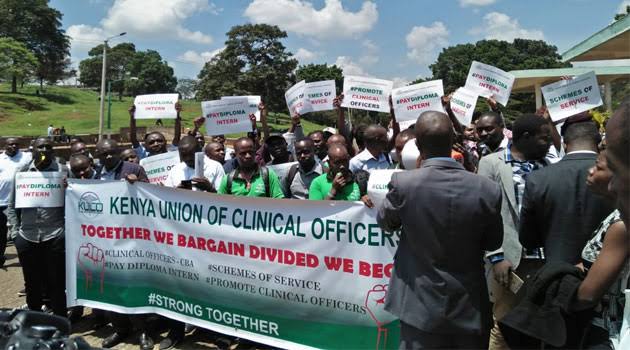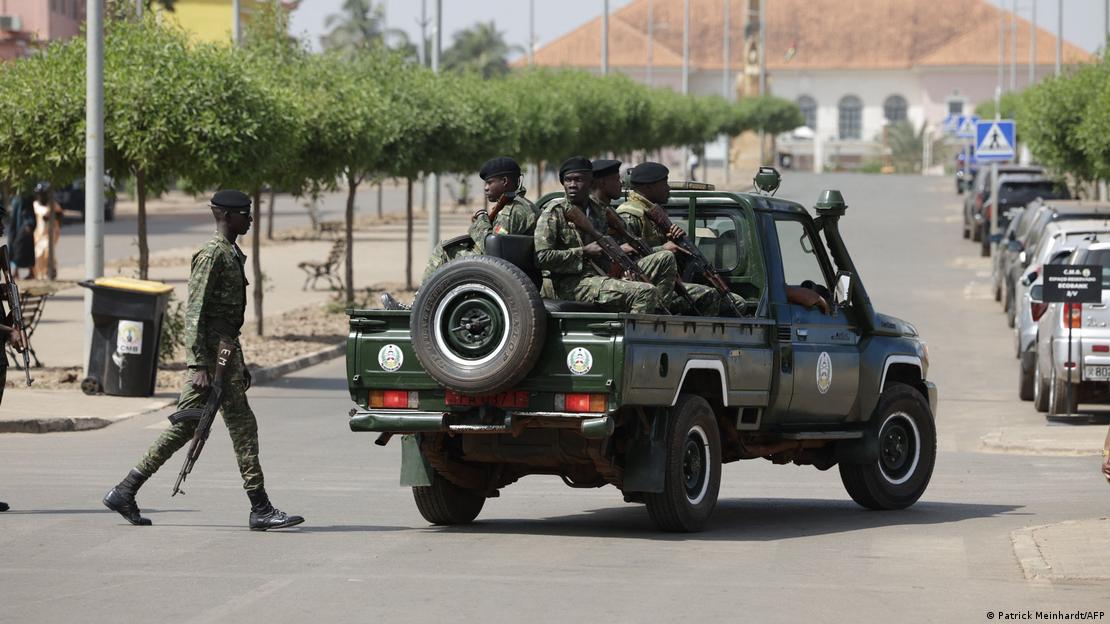AU Summit ends with calls to save Africa from further turmoil
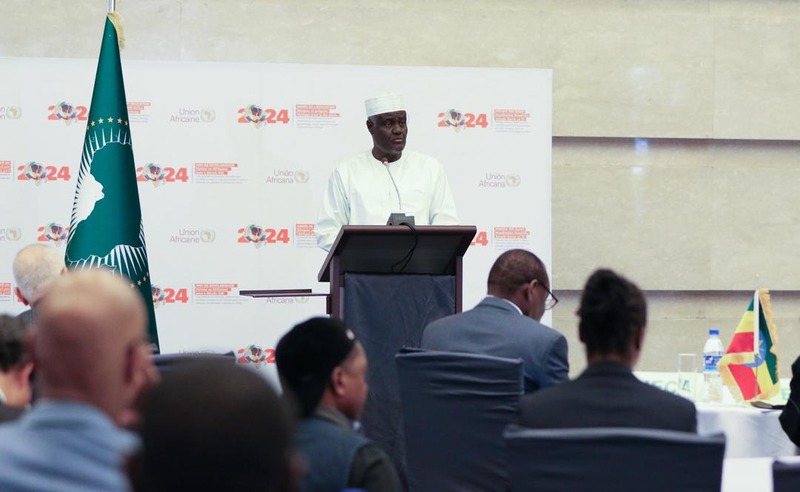
Since the creation of the AU, the region has never experienced such a high number of transitions following non-constitutional change.
The 37th ordinary session of the African Union Conference has ended in Addis Ababa with calls to reform and strengthen the African peace, security and governance infrastructures.
This, according to African Union Commission Chairman Moussa Faki Mahamat, is in a bid to save the region from the turmoil it has faced in the recent past with unending coups, terrorism and war.
More To Read
- Luanda Summit: Europe reinforces ties with Africa as competition intensifies
- AU calls for Africa’s permanent seat on UN Security Council
- Resurfaced clips fuel anger after Kenya’s 8-0 loss to Senegal
- FKF President Hussein Mohammed issues apology after Harambee Stars' 8-0 collapse
- IGAD leads new push for Peace in Sudan as regional and global partners back three-step plan
- ONLF accuses Ethiopia of breaching 2018 peace deal as Somali Region tensions rise
"It is, therefore, legitimate to ask what has become of our, African Peace and Security Architecture (APSA) and its twin sister the African Governance Architecture (AGA) whose acronyms alone galvanized us and made us shudder with pride?"
"Are we being deceived by conceiving them according to their current physiognomy? Did we err by blind mimicry in designing them as we did? How then can we escape this nagging question?" he posed.
The two organs were established to facilitate timely and efficient responses to conflict and crises in the region as well as promote good governance and the rule of law.
However, they have been disregarded over time leading to unending turmoil in more than 16 countries, doubling the number of displaced persons in the continent since 2016, according to data from the Relief Web.
"There are now an estimated 40.4 million forcibly displaced Africans (internally displaced persons, refugees, and asylum seekers), more than double the figure in 2016. For perspective, 40 million forcibly displaced people is more than the populations of Angola, Ghana, or Morocco," the agency said in a statement in August last year.
Faki noted that terrorism is destroying some states by reversing priorities through the multiplication of exorbitant military spending, at the expense of vital social sectors.
The Horn of Africa region has suffered some of the worst terror-related casualties in the continent and on top of that, some states are now battling intra-state conflict resulting from blatant disregard for the rule of law.
He further noted that Sudan is sinking into chaos and the calls of its people to embrace peace and justice remain ignored even as structures exist to prevent conflict from escalating.
A worrying scenario is also playing out in the Sahel region with the withdrawal of the United Nations Mission in Mali (MINUSMA) last year and the withdrawal of Mali, Burkina Faso and Niger from the Economic Community of West African States (ECOWAS).
At the same time, Senegal has been on the verge of a constitutional crisis with the threat of a delayed election process, but a decision by the government to organize presidential polls "as soon as possible" now gives the country hope for a democratic process.
Over the last three years, five countries including Niger, Burkina Faso, Sudan, Guinea and Mali have faced coups raising concerns over a growing lack of respect for democracy.
"Non-constitutional changes of government have multiplied in total defiance of the entire political-legal order that founded our organization," he said.
Since the creation of the AU, the region has never experienced such a high number of transitions following non-constitutional change.
"Our failure to counter such a phenomenon is obvious. Instead of being joyful modes of peaceful transfer or maintenance of power, elections have become, through the scale of their irregularities, factors in deepening crises. Africa cannot give up and not work to promote true peace in this region," he said.
Top Stories Today
